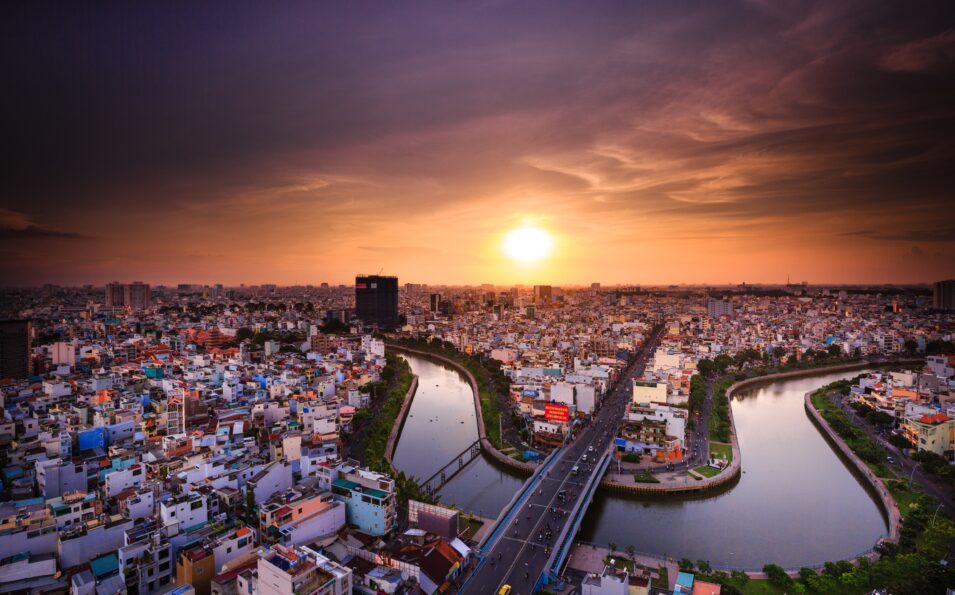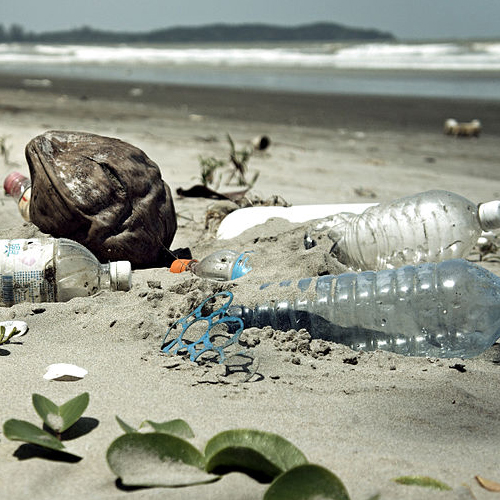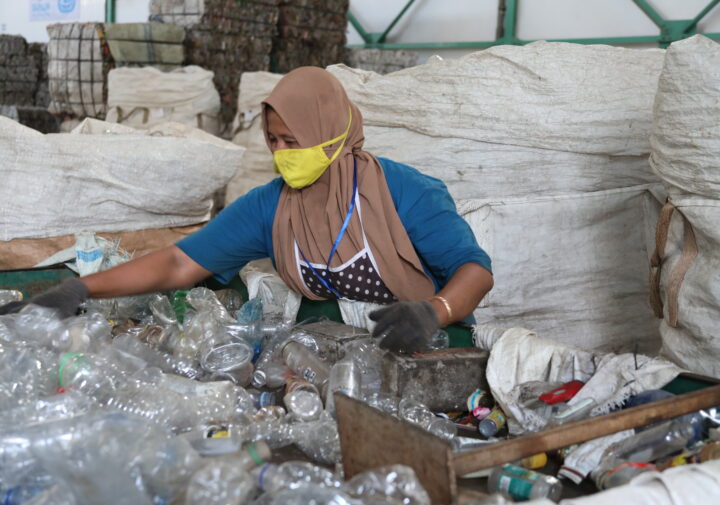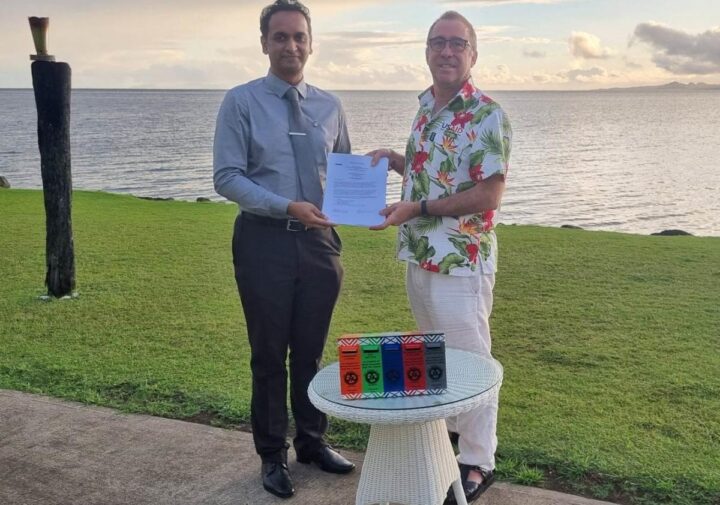The oceans surrounding the Pacific Island nations may appear crystal clear, but trouble is brewing below the surface. While the Federated States of Micronesia, Fiji, and Papua New Guinea do not produce large volumes of plastic waste compared to other countries, they are on the receiving end of significant amounts of plastic waste coming to their shores via ocean currents and imports.
Waste collection varies across the region and municipal governments collect only a small percentage, which can be as low as 20 percent to 30 percent of the waste generated. Very minimal sorting is also being done and transportation services are insufficient for the collection.
Waste management in these countries cannot keep pace with the demand, and recycling options are limited. As a result, most waste is illegally dumped in oceans, vacant areas, or collected in piles and burned. Waste burning emits harmful chemicals, impacting public and environmental health and exacerbating climate change. The annual volume of plastic entering the ocean from the Pacific Islands is expected to triple by 2040 if no action is taken to stop it.
To tackle these pressing issues, USAID is actively engaged in the region through the Save Our Seas Initiative, piloting localized approaches to prevent irreversible damage to oceans, mitigate climate change, and promote sustainable development. Partnerships with local governments and organizations are strengthening waste collection and building sustainable, circular economies. To date over 500,000 individuals have benefited from improved waste services or programs. USAID’s inclusive and innovative strategies leverage local and international expertise to address ocean plastic pollution and safeguard environmental and public health because the Pacific Islands’ prosperity and livelihood depend on a healthy ocean.
Projects
USAID awards grants to locally led organizations working to stop the flow of ocean plastics to bolster program efforts.
Generating Economic Opportunities through Recycling Hubs
USAID Grantee, Waste Recycler Fiji Ltd./Pacific Recycler Foundation (WRFL/PRF)—Fiji’s only multi–stream recycling company—is working to establish and service I-Recycle Hub Bins around Suva City to promote recycling. The bins enable residents and employees to dispose of their plastic waste, paper, tin and aluminum cans, and other recyclables, which WRFL transports for further sorting, cleaning, and compacting before it ships the materials to overseas partners for recycling. In addition to installing the bins, WRFL/PRF hosts clean up campaigns at each new site and trains local recycling advocates to educate and encourage their community members, providing economic opportunities for women and individuals living in marginalized communities.
Supporting Private Sector Partners to Reduce Waste
The CPL Group—Papua New Guinea’s largest retail and wholesale organization—is improving the efficiency of its operations and reducing its waste footprint among its facilities in Port Moresby, with the intention of scaling and replicating these practices across all 78 stores nationwide. USAID is working with the CPL Group to develop a solid waste management and recycling program, promoting reduce, reuse, and recycling (3R) practices in communities, and helping foster a sustainable, local circular economy.
Strengthening Governance and Value Chains
Catholic Relief Services (CRS) received a grant to run Communities Recycle—Empowering Artisans, Transforming Environments (CREATE), an integrated approach that diverts plastic waste and other pollutants from entering the ocean through strengthened governance and value chains while improving and diversifying livelihoods in target Pohnpeian communities in the Federated States of Micronesia. CRS is leveraging its strong relationships with local government and traditional leaders, lessons learned, and technical expertise from previous programming in the Federated States of Micronesia, Indonesia, and the Philippines to install a Pilot Upcycling Technology Hub for Plastics and engage local stakeholders and community members to promote improved solid waste management and 3R practices.
Projects

Sign up for the USAID Ocean Plastics Newsletter
Subscribe



